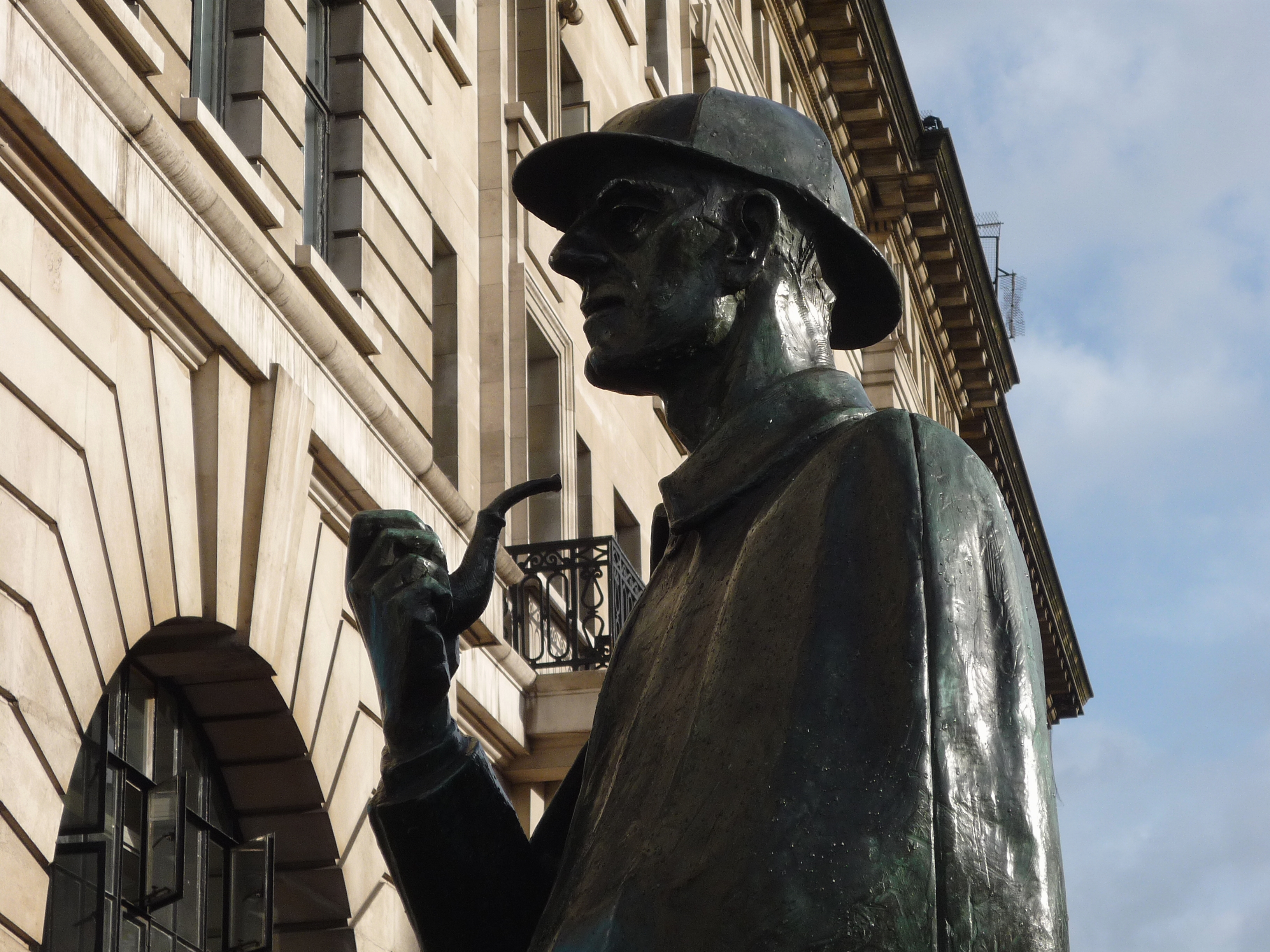[Trigger warning: this post involves a story about experimentation using animals. To skip to the spiritual lessons learned, skip down to "Heroines #1".]
 |
| Sherlock Holmes statue in London (courtesy: Wikimedia Commons) |
Could the Ceftriaxone injections be implicated in the timing of these patient deaths? A bad batch? A problem of labelling in the factory? Some toxic transformation while in transit or sitting on our pharmacy shelves? The imagination can run wild, but we needed data. One cannot make bricks without clay.
At my hospital in California, I could talk to the pharmacy committee and we might send a sample to be confirmed in a reference lab with mass spectroscopy and other advanced chemistry. In a land where 90% of the population farms without tractors or plows, that won't work. What would Sherlock Holmes do?
We could inject a healthy volunteer with Ceftriaxone and watch what happens. I could never ask a patient or colleague to consent to this, given that there is a risk that the Ceftriaxone was contaminated with a fatal poison, so I would need to be the volunteer. But wait...could a goat stand in the place of the volunteer? I would ask Silas, our chaplain who is also a veterinarian and pig farmer.
 |
| An experiment must have documentation. |
 |
| Our multi-talented chaplain, missionary kid, and guinea pig "volunteers." |
Heroines #2: those guinea pigs. As I was talking with this heroine, we both realized the connection between Christmas and these research subjects. They were risking their lives to save others. It might be a stretch to say that the guinea pigs were willing to die to save others, but they were standing in the place of myself and my patients so that we would not be exposed to a certain risk.
In any case, I'm glad to report that all three guinea pigs came through the process fine and dandy. Eliminating the impossible, I'm concluding that these patients died of their diseases and not our treatments. Thanks guinea pigs! Thanks intrepid missionary kids! But most of all, thank you Jesus, for absorbing not only risk, but wrath rightly deserved, for me and so many of our patients and colleagues.
 |
| Alive and well after 100 mg/kg of Ceftriaxone. Yay for guinea pigs! |

1 comment:
Oh Anna! You are indeed a hero! What a gift!
Post a Comment